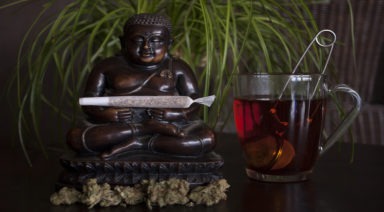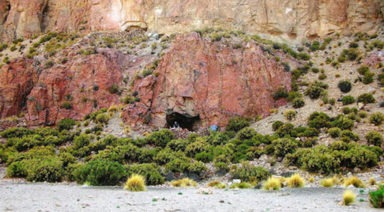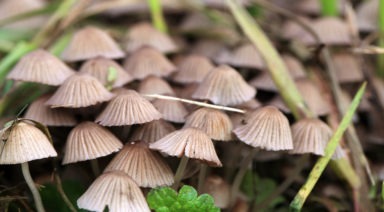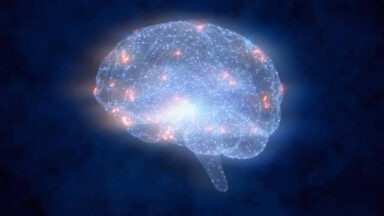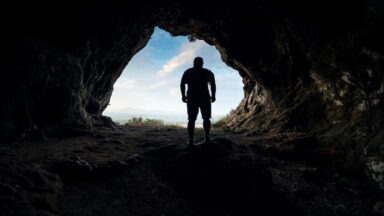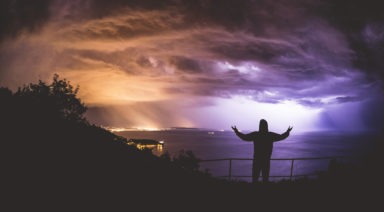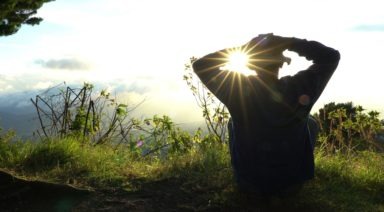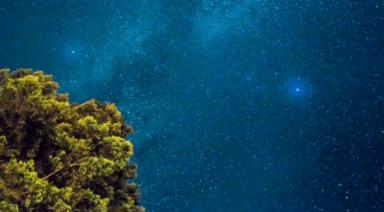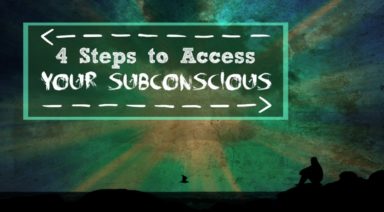Is Psychedelic Tourism Destroying the Sanctity of Plant Medicine?
As psychedelic healing and plant medicine go more mainstream, luxury psychedelic tourism is on the rise—good news for the spread of this medicine, but how might over-commercialism affect this sacred practice?
A recent Bloomberg article highlights the rise in all-inclusive psychedelic retreats. Indigenous plant medicine has been around for centuries, and its health benefits have been scientifically demonstrated, but as it gains mainstream acceptance and finds a bigger audience, some only see dollar signs.
Bloomberg reports, “according to Data Bridge Market Research the psychedelic market is expected to grow from $3.8 billion in 2020 to $10.7 billion by 2027.”
With the potential to make a lot of money, could some unscrupulous companies capitalize on this trend and remove the sanctity of this practice?
Carlos Tanner is the director of The Ayahuasca Foundation in Peru, he founded the center in 2009 as the result of his own healing journey. “When I started our retreat center, The Ayahuasca Foundation, I was coming off of a seven-year study myself; a four-year apprenticeship where I lived with a curandero and several years after that of studying with other teachers,” Tanner said.
“For most people that were starting centers at that time—which wasn’t many—you were a student first, and eventually after years of study, you came to the point where you wanted to offer this to people from outside of the culture. Now we see people who don’t have very much experience at all, but yet they’re opening a healing center.”
As this budding industry is dealing with rapid growth, there are some complicated issues regarding its increased popularity.
“When it comes to the commercialization of substances that have an ancestral background I would say that it is a delicate situation, and I hope that there would be a benefit to those indigenous populations from which those traditions were orignated. But at the same time, I know many indigenous people and they are for the spreading of what they believe to be their culture, which oftentimes was something that was looked upon negatively or was degraded as if they were second-class citizens, quite literally,” Tanner said.
“But now having people from the Western world, from the modern world, want to learn or experience elements of their culture, I think gives them a sense of pride. So it’s a complex question, to say the least.”
Watch more:
Cannabis Spirituality: Using Plant Medicine as a Sacred Tool
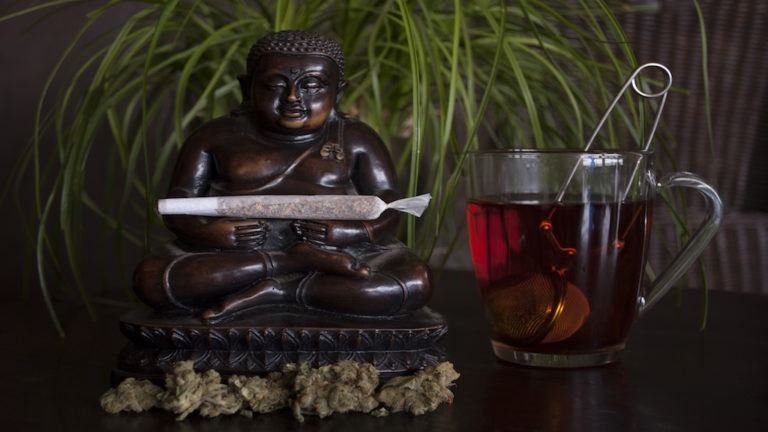
The stoner stereotype is a familiar one that transcends cultures – lazy, incoherent, silly, and just generally burnt out. But as legalization allows cannabis to be discussed maturely, that trope seems like a dying remnant of the decades-long smear campaign against a plant that can truly impact our lives, culture, and economy in a positive way. With that relaxation of stigma, society can explore a path of cannabis use for spirituality and use it as a tool for inner exploration.
Much like any other psychedelic substance, cannabis can be abused and consumed without respect to its potency, power, or healing potential. There’s virtually no harm in using it as a tool to relax and decompress from life’s daily stresses, but some might argue there’s a point of diminishing return when consuming copious amounts without the right intention.
And for religions that consider the plant sacred, this is typically their view on the use of cannabis — using it heedlessly is considered a sin or frowned upon, while using it for enlightenment or spirituality is accepted, and in some cases, encouraged.
Original Cannabis Spirituality
Cannabis has been used by certain groups as a sacrament for centuries and in some cases maybe even millennia. One of the most notable groups is Rastafarians, who use the plant for meditation and spiritual ceremonies, gathering in a “reasoning” to give praise to Jah (God), who they believe bestowed the herb to man in order to invoke thoughtful insight and self-reflection.
Rastafarians believe cannabis is mentioned in the Bible in Psalm 104:14 where it was written, “He causeth the grass to grow for the cattle and herb for the service of man….”
And in Revelation 22:2 “the herb is the healing of the nations.”
Rastafarianism believes cannabis was used as a sacrament by Moses and the Israelites. Rastas and some Jews believe the plant kaneh bosm, mentioned five times in the Old Testament, was in fact cannabis and an important sacrament for Judaism. Jewish scholars disagree on the translation, but if correct it would imply that the Hebrew Bible was originally blessed with cannabis oil.


